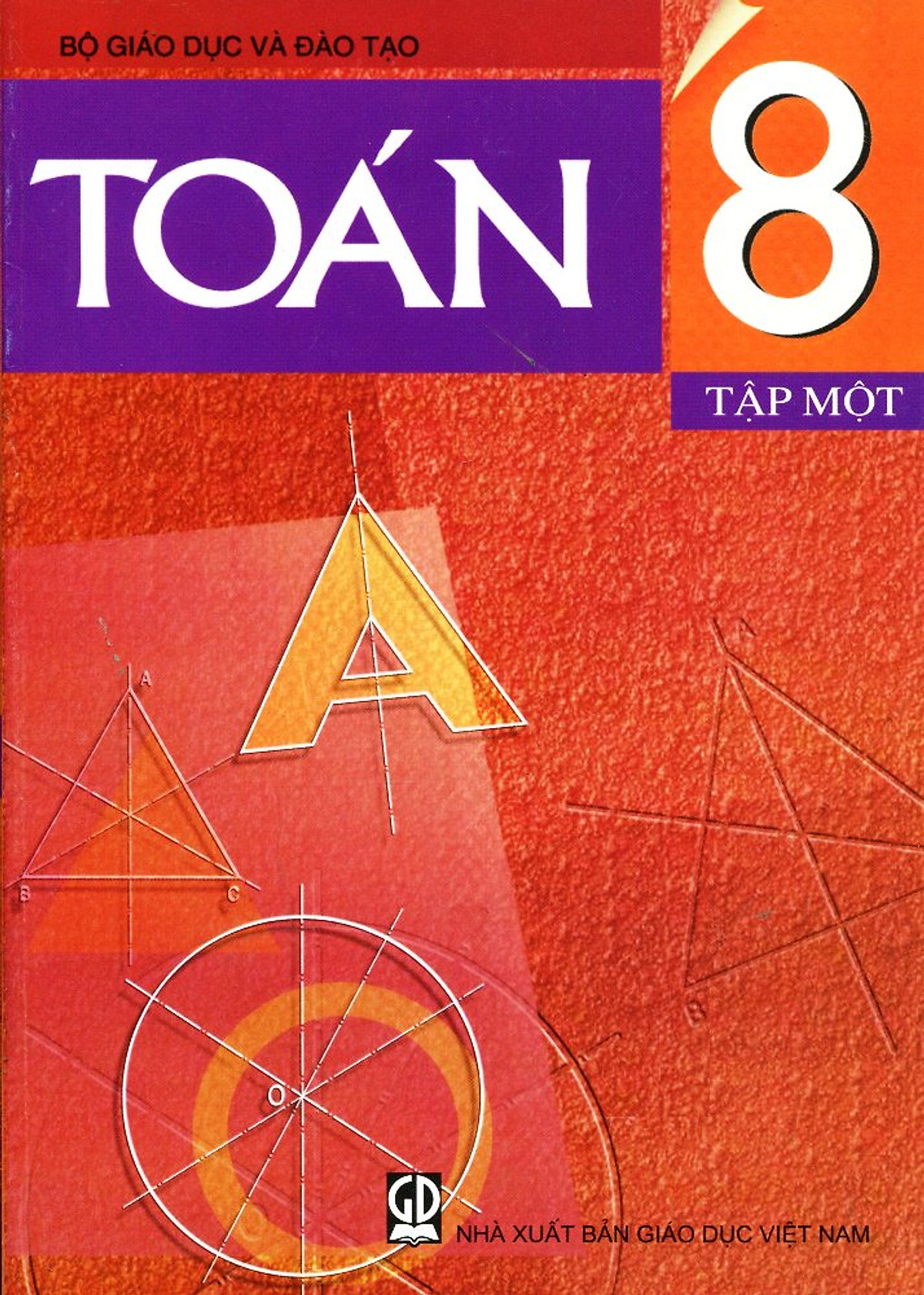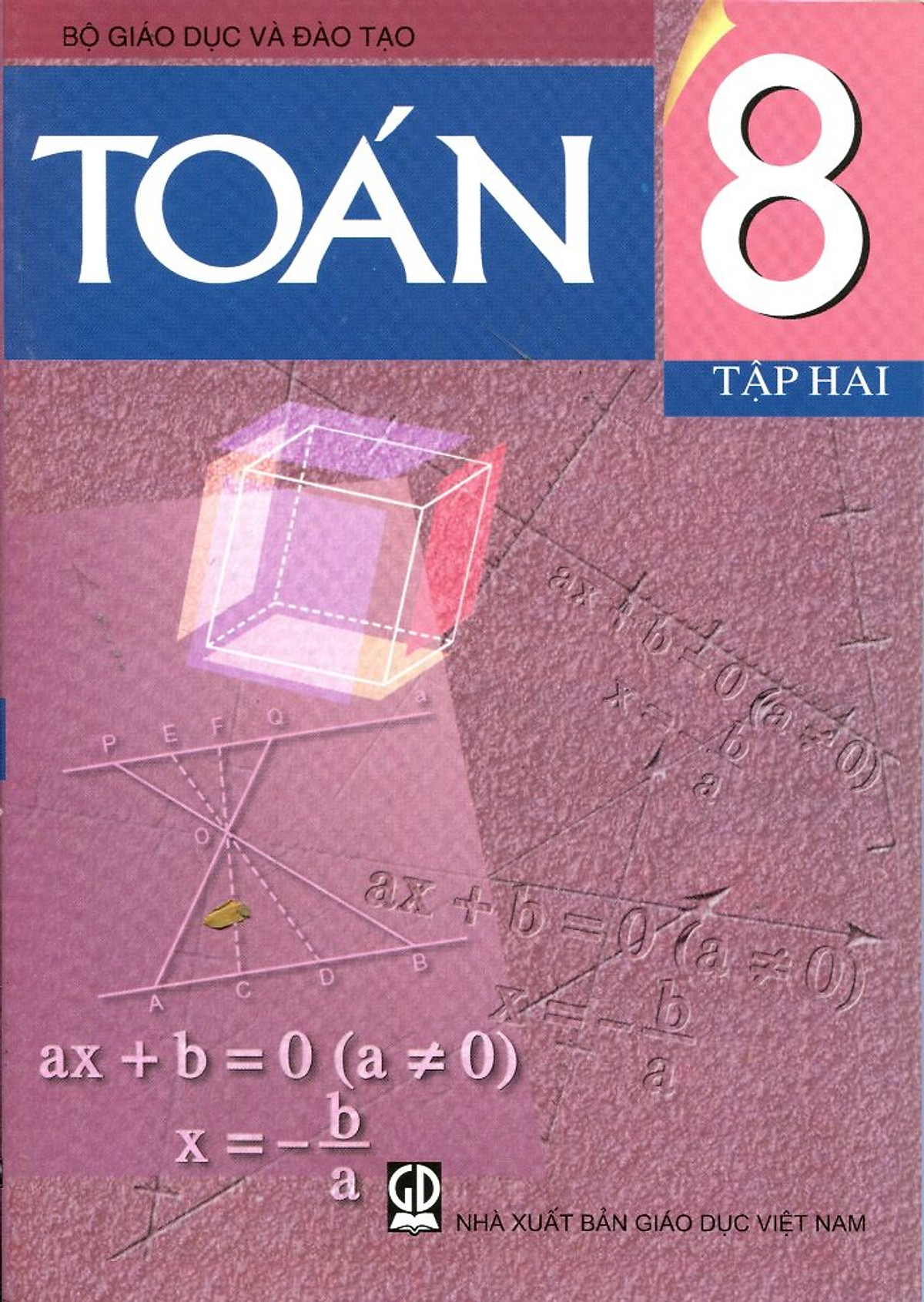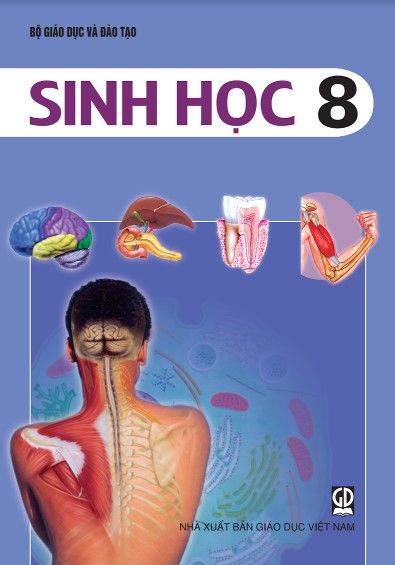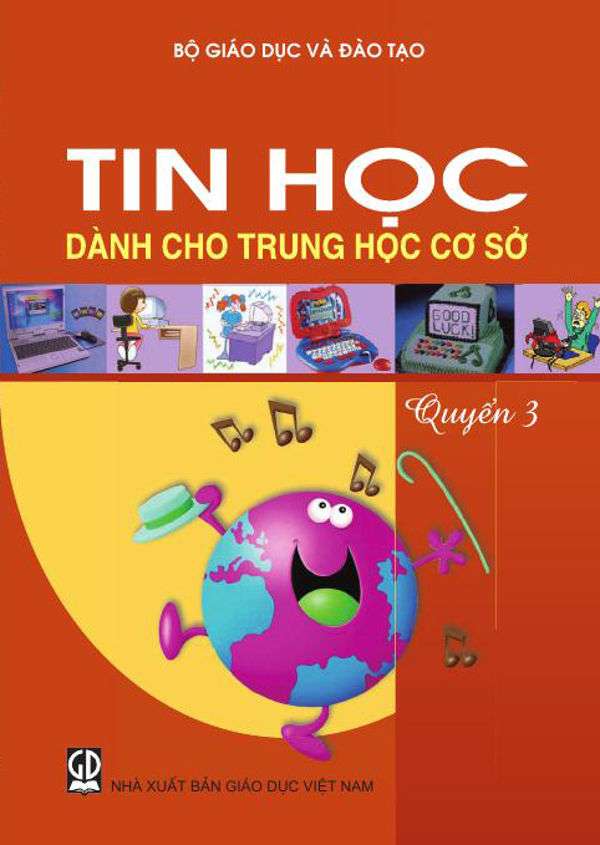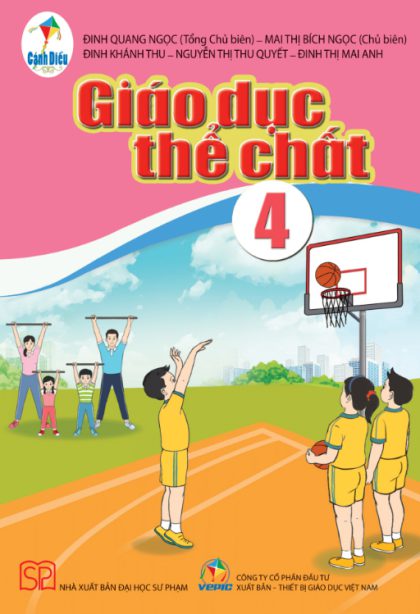Pronunciation
1. Mark (') the stress for the following words, then listen and repeat.
| unidentified meaningful unpopular paperless | ability immobile wireless possessive | successful informative interactive impossible | capability unsuitable powerless colourless |
2. Complete the words in these sentences. All the words are taken from the list in 1. Then listen, and check.
1. Oxygen is a col__________ gas.
2. Doctors said that the disease was caused by an uni__________ virus.
3. The technology can be used to produce int__________ educational programmes.
4. Animals in the zoo have lost the cap__________ of catching food for themselves.
5. Most people need a mea__________ relationship with another person.
6. It is imp__________ to count all the stars in the Milky Way.
Vocabulary
3. Match each verb with a phrase.
| A | B |
| 1. meet 2. make 3. exchange 4. fly 5. move 6. benefit | a. into space b. information c. face-to-face d. round the sun e. from science and technology f. inventions |
4. Write the correct form of the words in brackets to complete the passage.
I always wanted to be a great (1. science) __________. I dreamt of discovering a new drug that would save the lives of thousands of people. Unfortunately, I was not good at (2. chemist) __________ at school and I kept making horrible mistakes and the teacher got frustrated with me.
After some time, I decided I would become an (3. invent) __________ and design an amazing new product which would become famous. My parents were encouraging but told me to be a little more practical and not quite so (4. ambition) __________. A few weeks later, I had a brilliant idea for a pen that would pronounce a word when you wrote it down. But I became (5. happy) __________ when a friend told me that it was not a new (6. invent) __________.
Grammar
5. Use the correct form of the verbs in brackets.
Will people still read books in 50 years' time? Scientists think that we will still read books. But books of the future (1. be) __________ similar to the books we have today? The answer is no. In the future we will only need (2. buy) __________ one book. With this one book we will be able (3. read) __________ novels, plays, and even newspapers. It might (4. look) __________ like today's books, but it (5. be) __________ electronic. When we press a button, words (6. appear) __________ on the page. When we want (7. read) __________ a different story, we can push the button again, and a new story (8. appear) __________ instantly.
6. Rewrite the following sentences in reported speech.
1. Lena said: “I enjoy chatting on the phone with my friends.”
2. The teacher said: “A communication breakdown may happen due to cultural differences.”
3. “What might the inhabitants of Jupiter look like?” Duong said.
4. Chau said: “Will we still have traffic jams in 30 years' time?”
5. “I've read a book about life on other planets,” Phuc told me.
Everyday English
7. Match the questions in the first column with their answers in the second column.
| 1. What planet is she from? | A. I don't think that will ever happen. |
| 2. How do Martians travel? | B. When people don't speak the same language. |
| 3. Where will we be living in 2100? | C. For discovering radium and polonium. |
| 4. What is ‘netiquette'? | D. Oh, she's from Mars. |
| 5. Do you think robots will replace teachers? | E. We might be living on Mars or Venus. |
| 6. What was Marie Curie famous for? | F. Mostly by flying car. |
| 7. Did he say that he would come? | G. It's the set of rules of proper behaviour among people using the Internet. |
| 8. When is there a language barrier? | H. Yes, he did. |



